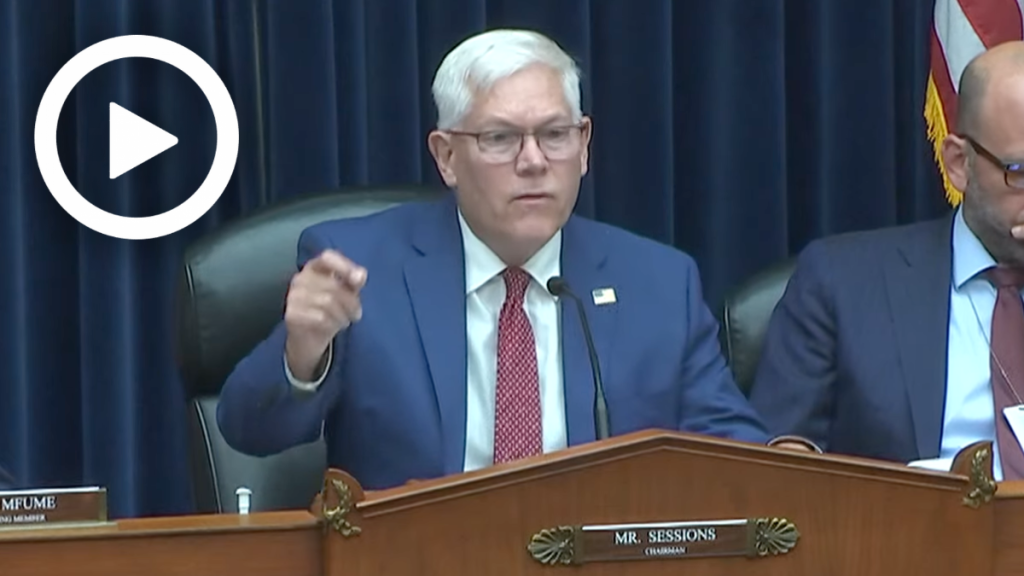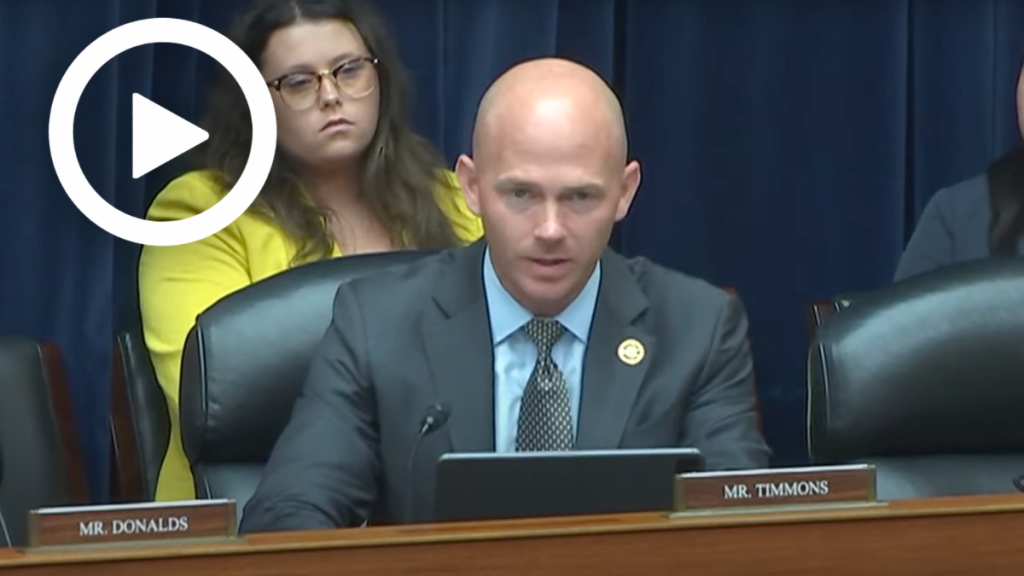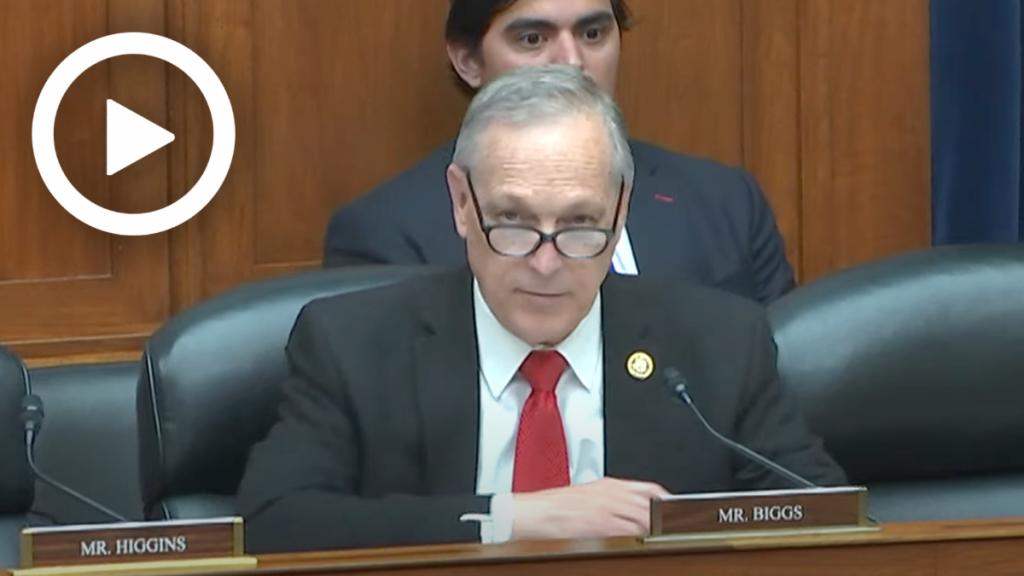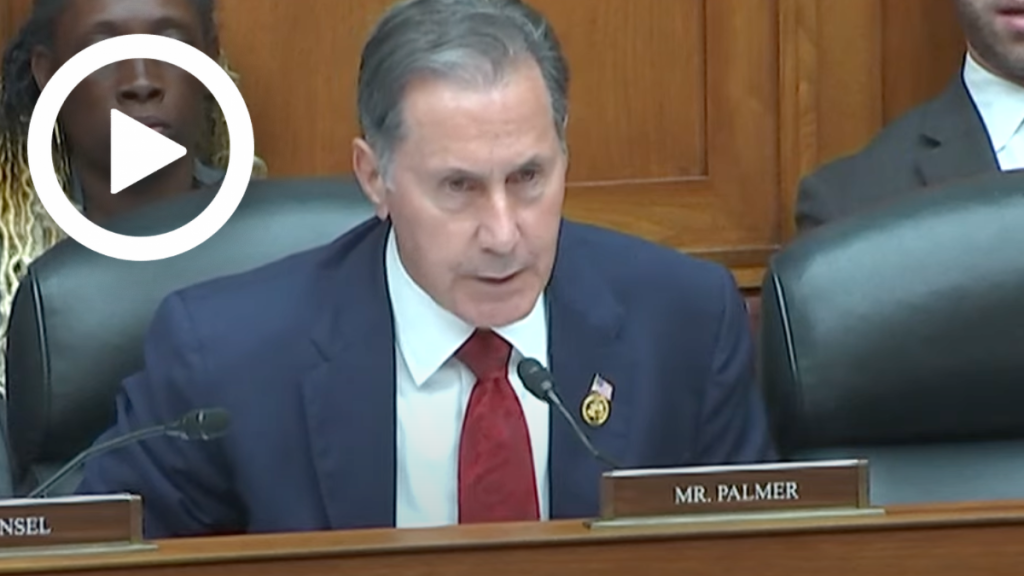
Hearing Wrap Up: Enforcing GAO’s Agency Collaboration Recommendations Strengthens Services, Saves Cost, Builds Revenue
WASHINGTON—The Subcommittee on Government Operations and the Federal Workforce held a hearing today titled “What We Have Here…Is a Failure to Collaborate: Review of GAO’s Annual Duplication Report” to examine the effectiveness of federal agencies’ efforts to prevent waste, fraud, and abuse through findings from the Government Accountability Office’s (GAO) annual duplication report.
KEY TAKEAWAYS:
GAO issues a yearly report on federal programs with fragmented, overlapping, or duplicative goals or actions to identify areas to reduce waste, fraud, and abuse.
- In its May 2024 report, GAO identified 112 areas to improve the efficiency of the federal government.
Over 2,000 recommendations made by GAO have resulted in $667.5 billion dollars in savings of taxpayer dollars.
- In opening remarks, Gene Dodaro, Comptroller General of the U.S. Government Accountability Office, discussed how GAO’s recommendations enhance revenue. “The open recommendations that we have also are for cost savings and revenue enhancement. We’ve got a number of recommendations of things that could be done to save money. For example, in the Medicare program, for management evaluation services,” Mr. Dodaro said.
On a bipartisan basis, lawmakers agreed on strengthening implementation of GAO’s recommendations and continuing efforts to reduce duplication and overlap in federal programs.
- Mr. Dodaro identified areas Congress can work with GAO to realize cost savings for American taxpayers, including setting GAO’s eight criteria for effective collaboration into law for every interagency committee.
- “Making these improvements builds better trust in government. We desperately need to work together to do that right now so that our institutions deliver for the American people what they expect,” Mr. Dodaro said.
MEMBER HIGHLIGHTS:
Rep. Pete Sessions (R-Texas) asked what Congress can do to work with GAO to enforce and enhance the recommendations from its annual duplication report.
Rep. Sessions: “What are the two or three things that you can think of that if we decided you wanted [Congress] to do something that you’d like to ask us to work on with you?”
Mr. Dodaro: “There are a number of issues that come to mind. Number one, over the last fourteen years that we’ve done this work on overlap, duplication, fragmentation. The statute requires us to just look at duplication. We look at fragmentation and overlap as harbingers of potential duplication, but it also undermines the effectiveness of federal action to serve the public effectively. Because more and more agencies need to be involved in solving some of these problems, there needs to be good collaboration.
“We publish eight criteria that if you follow you and have effective collaboration. […] I would urge the Congress and would greatly appreciate working with you to enshrine these eight criteria in law and have every interagency committee that’s established, many of them are established by Congress, but regardless of how they’re established, to follow these eight criteria. If they do, they’ll have much more outcome over time.”
“Number two is that every year I send a letter to every head of a major department and agency in the federal government, including independent regulators and outlining open GAO recommendations. Those reports go to the Congress, they’re also made public. But if we had follow up on those reports by the Congress, that would be very effective.
“Also, I would recommend that Congress act on matters that we’ve put forth that are still open.”
Rep. William Timmons (R-S.C.) discussed the unused office space by federal agencies that have expanded telework under the Biden Administration.
Rep. Timmons: “Two weeks ago, I questioned the director of Office of Personnel Management about the concerning issue of telework, which started with the COVID-19 pandemic and is still continuing today.
“A great deal has been said about telework and federal agencies, but most concerning to me is that we have yet to see any data regarding the supposed benefits of telework, and at this point it has been years since the Biden Administration announced expanded telework was going to be the new norm.”
[…]
“The federal office space utilization segment of the duplication report shows that the federal government owns over 460 million square feet of office space that costs billions of dollars annually to operate and maintain. Is that correct, Mr. Dodaro?”
Mr. Dodaro: “Yes.”
Rep. Timmons: “In a 2023 sample survey, GAO found that 17 of 24 agencies overseen by the council use an estimated average of 25 percent or less of their headquarters’ building’s capacity. […] How is that significant percentage of agency employees are working from home, and have been doing so since the pandemic, and yet agencies like OPM have only let go some, if any, leased space.”
Mr. Dodaro: “I would say one thing first, is that we’ve had real property management in the federal government on our high-risk list since 2007. There was unused federal property before the pandemic, and the federal government was doing a very poor job of disposing of that property and there should have been much more cost savings.”
Mr. David Marroni, Director, Physical Infrastructure: “Our recommendation to agencies have been for OMB in coordination with the federal property council, which is the senior real property officials across the government, do develop benchmarks for determining how much space they are utilizing and then move forward to get rid of that space that they don’t need.”
Rep. Andy Biggs (R-Ariz.) discussed the opportunities GAO identified in the 112 recommendations in its annual report for cost savings and revenue enhancement.
Rep. Biggs: “One of the open topic areas discussed in your written testimony is the need for the Department of Education to obtain data to verify income information for borrowers reporting zero income when applying for income-driven repayment plans for federal student loans.
“Did you make any specific recommendations and please tell us about potential for implementation of those recommendations.”
Mr. Dodaro: “When we first looked at this issue, we found over 95,000 plans over ten percent of the whole plans reported zero income. Education was taking the self-certification of the people and not verifying it in any way. We thought you need to verify that to make sure. We saw what self-certification did during the pandemic, and it didn’t work out so well.
Rep. Biggs: “You identified 112 recommendations and matters in 42 topic areas in the 2024 duplication report. What are the common themes and threads among programs with opportunities for cost savings and revenue enhancement?”
Mr. Dodaro: “Some of the most common areas is in the overlap and duplication fragmentation not following best practices of collaboration. I mentioned earlier in the Chairman’s questioning, I think Congress should legislate those eight criteria so that agencies that have interagency counsels can work on it. The other area is in cost savings and revenue enhancements, there are a number of recommendations at IRS to better focus their enforcement efforts.”
Rep. Gary Palmer (R-Ala.) examined opportunities to enhance implementation of GAO’s recommendations across federal agencies.
Rep. Palmer: “What percent of GAO recommendations are not implemented?”
Mr. Dodaro: “Seventy-five percent of our recommendations are implemented.”
Rep. Palmer: “I would assume that the other 25 percent would result in savings, more efficiency in the operation of the federal government agencies, and they should be implemented. […] What can be done to ensure that GAO’s recommendations are implemented?”
Mr. Dodaro: “We just issued this week a report listing every open matter that we’ve suggested to the Congress, along with what cost savings could occur if the Congress implemented our recommendation.”
EIN Presswire does not exercise editorial control over third-party content provided, uploaded, published, or distributed by users of EIN Presswire. We are a distributor, not a publisher, of 3rd party content. Such content may contain the views, opinions, statements, offers, and other material of the respective users, suppliers, participants, or authors.





